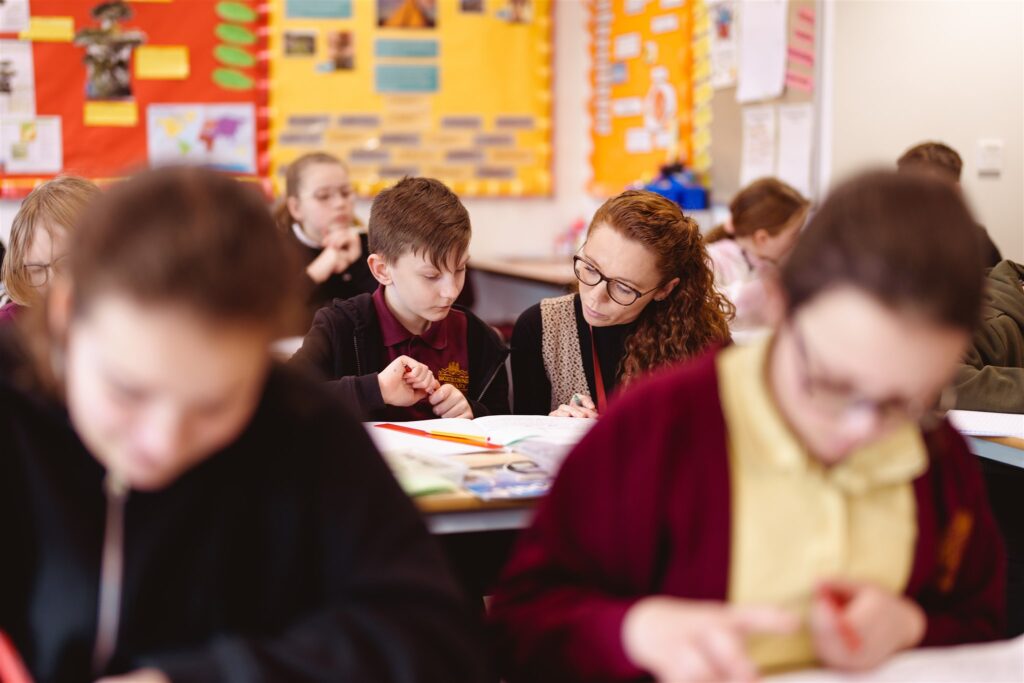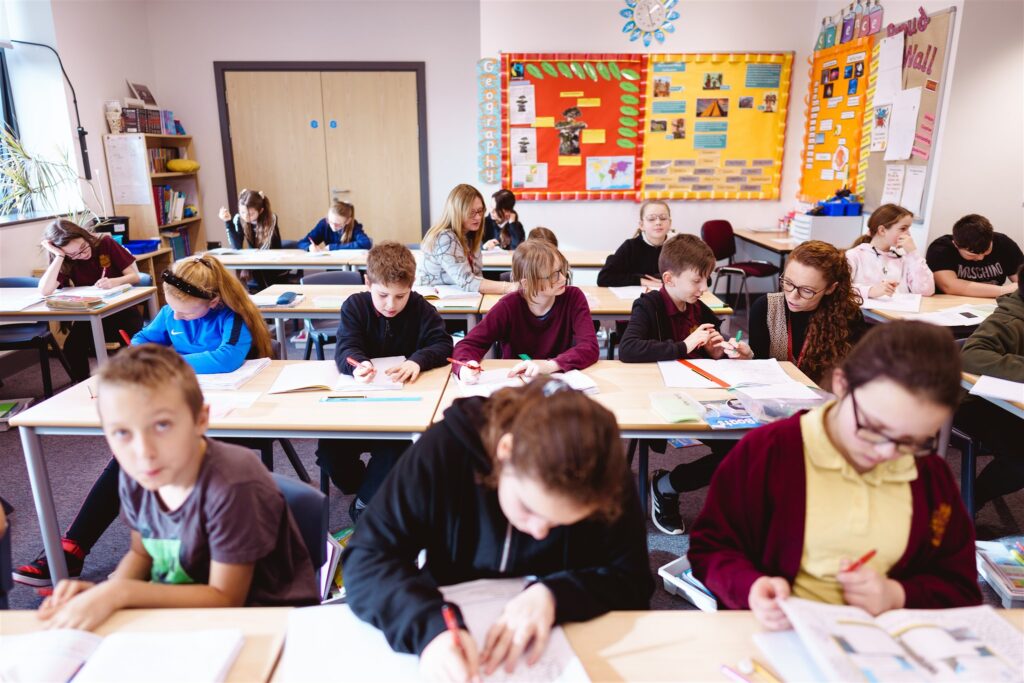Languages are an integral part of the curriculum. Learning a language is ‘a liberation from insularity and provides an opening to other cultures’. It helps to equip pupils with the knowledge and cultural capital they need to succeed in life. It encourages pupils to appreciate and celebrate difference. The languages curriculum should also provide the foundation for learning further languages. It should enable pupils to study and work in other countries. In doing this, the languages curriculum has a potential positive impact on business and the economy (Ofsted 2021)
The skills, knowledge and understanding gained through learning languages contribute to development of children’s oracy and literacy and to their understanding of their own culture and those of others. At North Denes Primary School, we feel that in order to prepare children for KS3, at a wider range of settings, it is important for children to be exposed to French to give them the chance of success to broaden their understanding of more than one culture.
BIG IDEAS
CONTENT & SEQUENCING
EYFS: Understanding the World: People, Culture & Communities: children explain some similarities and differences between life in this country and life in others, drawing on knowledge from stories, non-fiction texts and when appropriate maps.
KS1: Knowledge and understanding gained through learning languages contribute to the development of children’s oracy and literacy and to their understanding of their own culture and those of others. We celebrate the large number of different languages and cultures across our school community.
KS2: French is taught in all year groups in North Denes Primary School by their class teacher. Our school follows Rigolo: it is a ground-breaking Key Stage 2 French course, which provides a wealth of exciting activities for pupils, and as much or as little support for teachers as they need. It fully meets the requirements of the Key Stage 2 Framework for Languages.
RESOURCES
For our MFL, our school follows Rigolo: it is a ground-breaking Key Stage 2 French course, which provides a wealth of exciting activities for pupils, and as much or as little support for teachers as they need. It fully meets the requirements of the Key Stage 2 Framework for Languages. The course is aimed at pupils in Years 3–6, with Rigolo 1 covering Years 3 and 4, and Rigolo 2 Years 5 and 6. The course progression provides worksheets, games and follow-up activities for reinforcement and extension work. The fact that it can be used for all stages of ability adds to its value. Assessment is built into the programme and allows children to know what the Learning Intentions are (unit objectives) and thus know when and precisely what they have achieved. They can then go on to set their own goals, which is an aim of the Assessment is for Learning Programme.
RETRIEVAL
PROGRESS
SUPPORT
Our teaching methodology is based around a whole class teaching and involvement. We firmly believe that all of the language should be presented to all of the class. We understand that children learn at different speeds and ways and as a consequence, we provide dynamic and varied tasks following the Rigolo programme. Differentiation is often through outcome and can be evident in the class floor books


Quick Links
Home
Policies
Curriculum
Contact Us
Contact Us
North Denes Primary School
Jellicoe Road
Great Yarmouth
NR30 4HF
office@northdenes.norfolk.sch.uk
Tel . 01493 842063